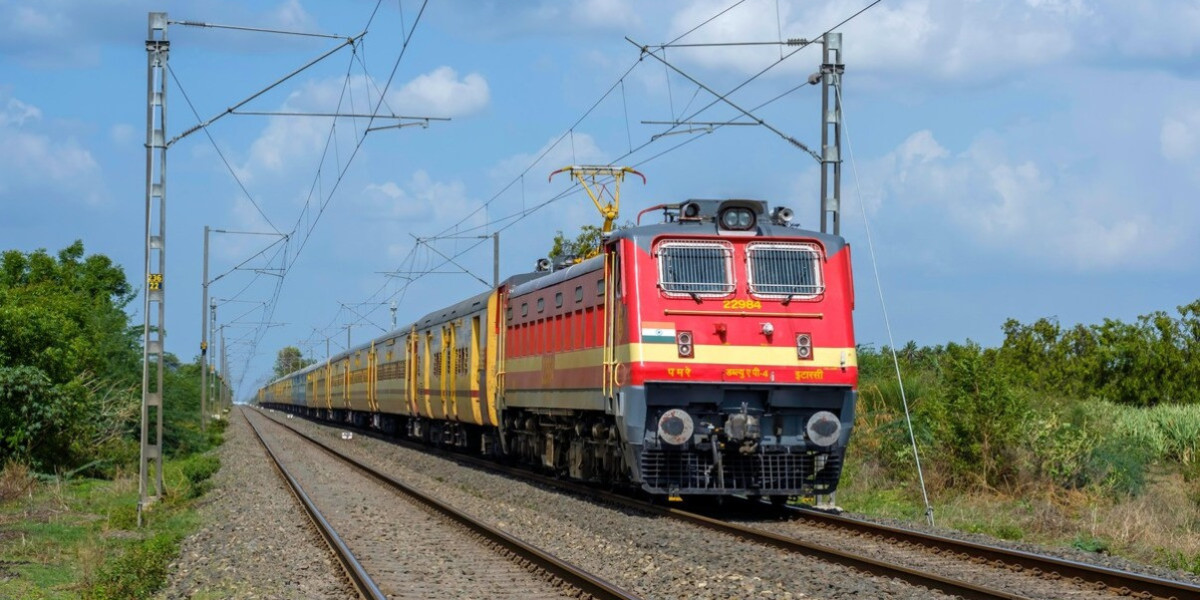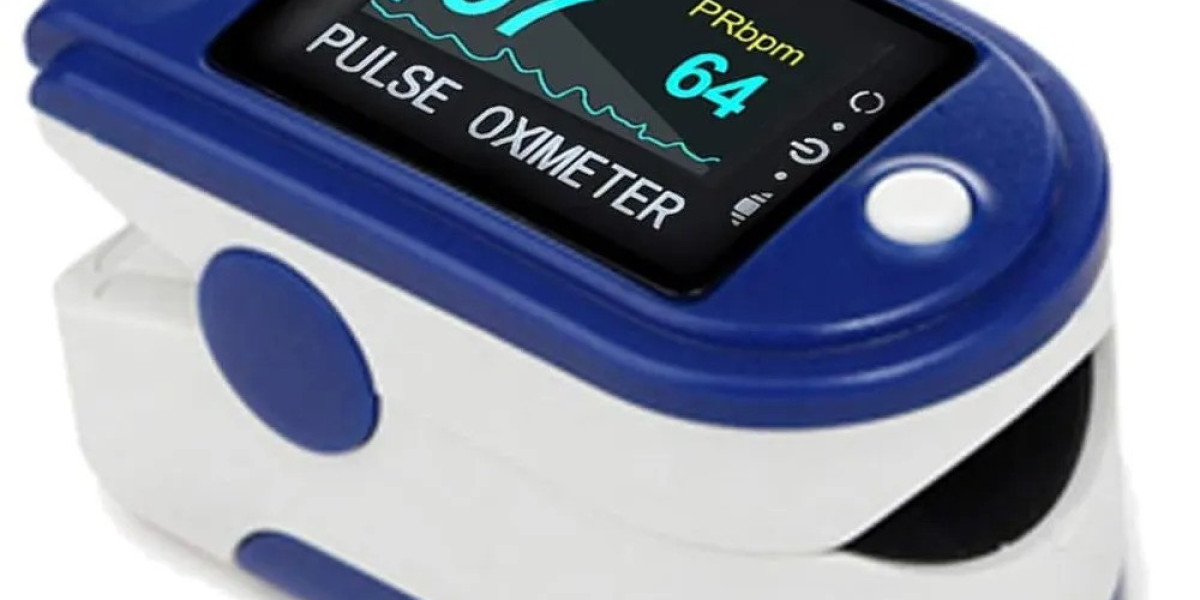When a loved one is being shifted in a critical condition, every minute feels heavy. And if you're using a train ambulance service in Patna, the thought of a train delay can make you nervous — "What if the train is late? Will the patient be safe? What happens next?"
We get it. These concerns are real and valid. In this blog, we’ll walk you through exactly what happens if a train ambulance faces a delay and why you don’t need to panic.
Why Do Train Delays Happen in India?
Train delays aren’t unusual in India, especially during certain seasons. A few common reasons include:
- Heavy fog or monsoon weather
- Operational delays or rail traffic
- Technical glitches
- Priority given to express or superfast trains
While most medical transfers are planned using high-priority trains to minimize such risks, the Indian Railways network is vast — and some unpredictability is part of the system.
Is the Patient at Risk During a Delay?
This is the most important question — and the answer is no.
Even if the train is delayed by a few hours, the patient is not left unattended or at risk. Here’s why:
- A train ambulance is a fully-equipped ICU on wheels, and the patient is continuously monitored and treated throughout the journey — whether it’s 20 hours or 30 hours.
- Think of it this way: just like an ICU in a hospital operates 24/7, so does the ICU setup in the train.
How Medical Teams Handle Delays
Train ambulance teams are well-trained and prepared for such situations. Here’s how they manage:
- Round-the-clock monitoring: A critical care doctor and a trained nurse stay with the patient from start to finish.
- Advanced life support equipment: Ventilators, oxygen, monitors, suction machines, and emergency drugs are available.
- Backup supplies: Multiple oxygen cylinders and power backups are loaded in advance, accounting for longer travel time.
- Emergency protocols: The team stays in touch with backend support and can handle any medical situation, even during an unexpected delay.
The patient continues to receive care — just like in a hospital.
Extra Precautions for Long Journeys
When planning a train ambulance transfer, especially for longer routes like Patna to Delhi, Mumbai to Kolkata, or Hyderabad to Chennai, experienced providers prepare for the worst-case scenario, including delays.
What they carry:
- Extra oxygen cylinders for longer support
- Battery backup units for ventilators and monitors
- Enough medications and IV fluids for more than the expected time
- Medical comfort essentials like adult diapers, anti-bedsore mattresses, suction systems, etc.
So, even if the train halts at a station or gets stuck due to weather, nothing changes in the patient’s care.
Why Choosing the Right Provider Matters
Not all ambulance services are prepared for these challenges.
When you choose a trusted name like Save Life Care, you’re not just getting a train booking — you’re getting:
- A trained emergency team with years of experience
- Real-time updates to the family via call or WhatsApp
- Proactive route planning with contingency options
- A backend control room that tracks train status and supports the onboard team
Our team plans not just for the best-case scenario — but for any scenario.
FAQs About Train Delays and Patient Safety
Q. What if oxygen or battery runs out during a delay?
A. Extra oxygen cylinders and backup power are loaded before the journey, ensuring uninterrupted support.
Q. Can the train stop for a medical emergency?
A. In case of a critical situation, the train can stop at the nearest major station where local medical help can be coordinated. But such cases are extremely rare due to the onboard ICU setup.
Q. Is it safe to shift ventilator patients via train if delays are expected?
A. Yes, with proper equipment and staffing, ventilator patients can be safely managed for long hours—even during delays.
Final Thoughts
Train delays are sometimes unavoidable, but they don’t stop patient care. A well-equipped train ambulance service in Bangalore is built to handle such situations smoothly.
The key is preparation. With the right medical team, backup equipment, and monitoring protocols in place, your loved one remains in safe hands — even if the journey takes a bit longer than expected.
Need Help or Have More Questions?
We’re here 24/7 to answer your concerns and arrange safe and affordable train ambulance services across India.
Call Save Life Care: +91-8083309381
Whether it’s a routine transfer or an emergency, we’ve got your journey covered — every mile of the way.








